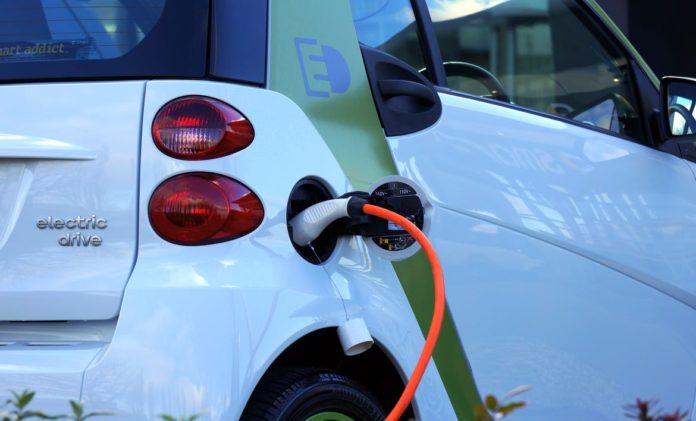To go electric or not to go electric?
According to a recent report by BC-based statistics and analysis firm, Research Co., the number of people wanting their next vehicle to be electric has been down since this time two years ago.
In 2019, the BC government passed legislation that seeks to ensure that by the year 2040, all vehicles used for “light duty” will contribute zero emissions.
Then last year, the Province amended the legislation so that all gas-powered vehicles will be phased out by 2035—five years earlier than initially planned.
Research Co. initiated a poll in 2022 to gauge the public’s thoughts on the matter, and at the time, only 53% of respondents believed BC’s lofty goals achievable.
In their latest poll conducted this year, this percentage is now down to 37%, with 58% of Vancouver Islanders specifically saying they don’t think it is achievable.
Interestingly though, of those polled 57% of BC residents agree with the legislation, with 55% of islanders supporting the bill, but the majority of the sample is not optimistic it can be done.
See also:
- Rocket Doctor provides relief for British Columbians struggling to see a physician
- Breaking ground: A new Starbucks opens on Campbell River’s We Wai Kai reserve
When asked, “How likely is it that the next vehicle you acquire for yourself or your household (even if the transaction is still years away) will be an electric vehicle,” the poll’s respondents were split on what to do.
In BC as a whole, 50% said they would be going electric for their next vehicle, while on Vancouver Island the statistic drops to 45%.
According to the poll, men are more inclined to get an electric vehicle down the road with 57% planning on it, versus 43% of women saying their next vehicle would be electric.
Key issues British Columbians foresee that are deterrents from getting an electric vehicle are the cost (58%), becoming stranded while looking for a charging station (47%), not having places to charge on usual routes (45%), not being able to charge at home if living in a strata (40%), the “feel” of the vehicle (15%) and other factors (8%).
Despite these reasons, 11% said none of them would be a deterrent.
What’s your take on the goal of going fully electric by 2035? Let us know in the comments!



